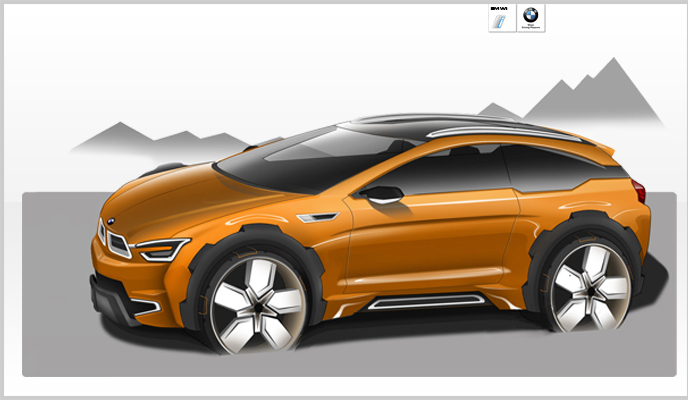
BMW will use hydrogen-electric fuel-cell system used in the Toyota FCV in a future i-brand model called the i5
According to automotive sources, German car makers are in a race to get a hydrogen fuel cell car on the market and these steps come as Toyota and Honda have taken the lead in the market. BMW will employ a revised version of hydrogen-electric fuel-cell system used in the Toyota FCV and this is the first stage of a BMW-Toyota joint venture aimed at cutting development costs and improving scale of operation on modern alternative drive systems shared between the two automakers.
BMW launched the i brand with a pure electric vehicle in the form of the i3 hatchback and quickly added a pure petrol-electric hybrid i8 sports car. The introduction of a hydrogen-electric fuel cell-powered i5 would provide BMW’s youngest brand with three alternative-energy vehicles.
The new i5 will also be an answer to the hydrogen fuel cell-powered Mercedes-Benz B-Class which will go into production soon and will be launched in selected markets in 2017. Audi is also expected to unveil a hydrogen-powered A7 as the Los Angeles motor show next week, indicating it is also throwing its weight into the H2 market.
Although Tesla cars have had a huge success by combining large battery packs and the luxury car format, but many automakers still believe that hydrogen could become a successful zero-CO2 fuel. Many people in the automotive industry point out that a hydrogen fuel cell car can be refilled in a matter of minutes whereas the most powerful EV chargers take at least 30 minutes to recharge. Hydrogen is also easy to transport and the mass storage is relatively straight forward.
Will you prefer Hydrogen or Electric?
